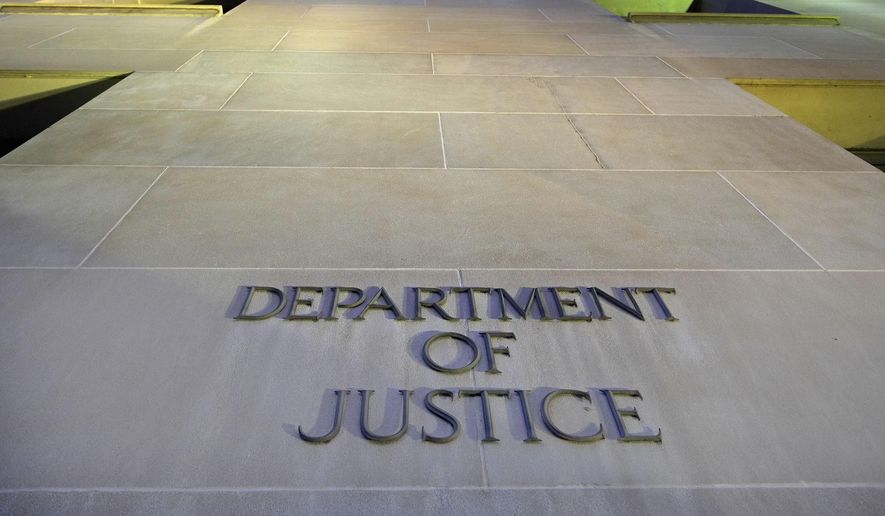The Justice Department is directing officials of a small town in East Texas to undergo sensitivity training and post a notice in City Hall saying they do not discriminate against any religions, as part of a lawsuit settlement involving a Muslim group’s bid to create a cemetery on the outskirts of town.
For three years, the Farmersville City Council had denied a request from the Islamic Association of Collin County to develop land owned by the group into a burial site that could accommodate more than 11,000 graves, citing flood projections.
Federal attorneys filed a lawsuit, and received a settlement from the town Tuesday. The council approved the 34-acre site west of town in December after a Justice Department investigation.
As part of the settlement, city employees must complete a one-hour training on a religious land use law and hang a placard in City Hall saying Farmersville does not use zoning regulations to discriminate against religions. Failure to do so will result in federal prosecution by the U.S. attorney for the Eastern District of Texas.
“There is no place in our community for religious discrimination,” said U.S. Attorney Joseph D. Brown. “Our office is committed to protecting religious freedom.”
“We welcome the settlement and thank the DOJ for working to ensure equality for all religious groups,” said Ekram Haque, interim executive director of the Dallas/Fort Worth chapter of the Council on American-Islamic Relations. “No community should be denied the right to bury their dead on their own land due to religious discrimination.”
Farmersville officials did not admit wrongdoing in the settlement and did not respond to requests for comment from The Washington Times.
According to the lawsuit, the number of Muslims in the suburban Dallas area had quadrupled to 23,000 over the last 20 years, and they had outgrown their two cemeteries by 2015.
The Islamic association had sought to create a new burial site with roads, holding ponds and a pavilion in a lightly regulated zone on the outskirts of Farmersville, which is accessible to five area mosques.
City officials at first approved the association’s cemetery proposal, but it soon drew public opposition. At a packed public hearing at a high school gymnasium, residents jeered an Islamic association representative with anti-Muslim slogans, the lawsuit states.
What’s more, Diane Piwko, who later was elected mayor, posted misinformation from an anti-Islamic website to her Facebook page about increased burdens on Europeans due to Muslim migration. Council member Mike Hurst announced that a descendant of World War II war hero and local son Audie Murphy would pull Murphy’s name off a nearby memorial highway if the cemetery were created.
Court documents filed Tuesday by U.S. attorneys say the town engaged in Islamophobia, not zoning management.
“During this process, City decision makers made discriminatory comments against Islam and acted in response to the religious animus that many members of the public expressed against Muslims,” the federal lawsuit states.
The settlement wipes away federal charges that Farmersville violated the Religious Land Use and Institutionalized Persons Act of 2000 and discriminated against the Islamic society. It also prevents any future litigation by city officials.
In May 2018, Ms. Piwko narrowly lost her reelection bid to Randy Rice, a retiree and part-time storm chaser who ran for mayor, in part, by decrying the city’s opposition to the Muslim cemetery.
In December, the city finalized an agreement with the Islamic association that will see the cemetery constructed, save for areas particularly vulnerable to runoff.
The Justice Department in recent weeks has announced its participation in several religious liberty cases, including its support for a New Jersey group of American Indians suing a village to build a spiritual center on their private property.
• Christopher Vondracek can be reached at cvondracek@washingtontimes.com.




Please read our comment policy before commenting.